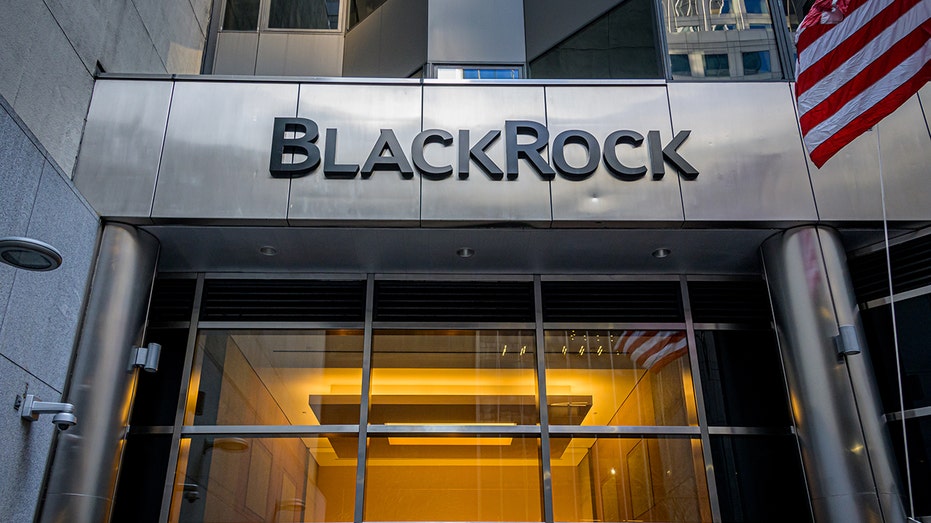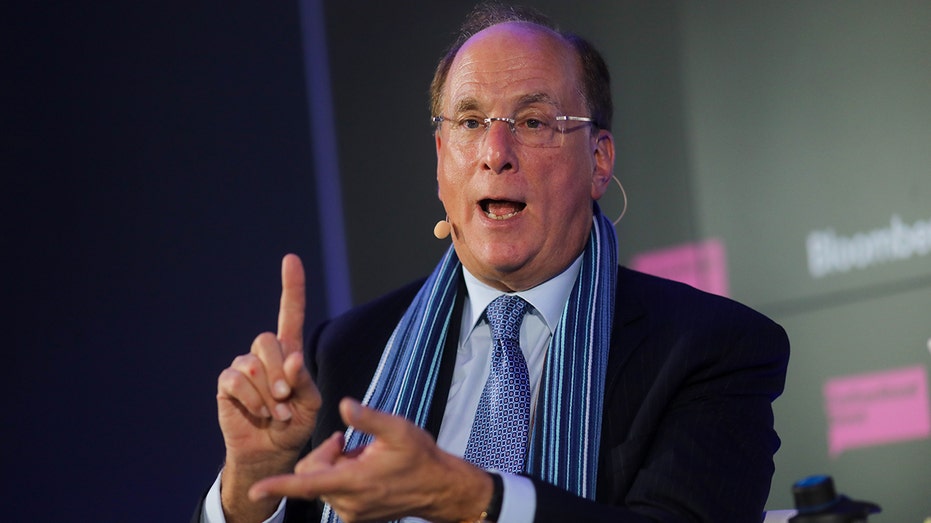Wall Street legend gauges the financial climate after Russia’s invasion of Ukraine on ‘The Claman Countdown.’
BlackRock CEO Larry Fink says that Russia’s invasion of Ukraine marks the end of globalization, as countries, companies and individuals reassess how dependent they want to be on others.
Laurence Fink, founder and chief executive officer of BlackRock, Inc. speaks during the Reuters Global Investment Outlook Summit in New York, U.S., November 13, 2017. REUTERS/Lucas Jackson (REUTERS/Lucas Jackson / Reuters Photos)
The Wall Street titan, whose firm is the largest asset manager in the world handling more than $10 trillion, says he is still a globalization proponent.
CONSUMERS’ RESEARCH BLASTS BLACKROCK’S LARRY FINK FOR GOING ‘ALL-IN ON CHINA’
In his annual letter to shareholders on Thursday, Fink wrote, “I remain a long-term believer in the benefits of globalization and the power of global capital markets,” arguing that “access to global capital enables companies to fund growth, countries to increase economic development, and more people to experience financial well-being.”

BlackRock offices in New York City. (Erik McGregor/LightRocket via Getty Images / Getty Images)
“But the Russian invasion of Ukraine has put an end to the globalization we have experienced over the last three decades,” Fink continued. “We had already seen connectivity between nations, companies and even people strained by two years of the pandemic. It has left many communities and people feeling isolated and looking inward. I believe this has exacerbated the polarization and extremist behavior we are seeing across society today.”
BLACKROCK’S LARRY FINK SAYS U.S., ALLIES WILL WIN ‘ECONOMIC WAR’ AGAINST RUSSIA
Fink went on to point to how countries have, however, come together to impose an “economic war” on Russia, with sanctions and the help of multinational corporations that have withdrawn from Russia over Vladimir Putin‘s attack on a sovereign nation.

Larry Fink, chief executive officer of BlackRock Inc., gestures as he speaks during a Bloomberg event on the opening day of the World Economic Forum (WEF) in Davos, Switzerland, on Tuesday, Jan. 21, 2020. Photographer: Simon Dawson/Bloomberg via Gett (Photographer: Simon Dawson/Bloomberg via Getty Images / Getty Images)
Globalization refers to the integration of markets and reducing trade barriers between countries, making the world more interconnected – but also more interdependent.
Supply chain headaches brought on by the COVID-19 pandemic, surging inflation, and concerns over the actions of trade partners have increasingly caused countries and businesses to reconsider the extension of their international ties. Fink says Putin’s war is a tipping point.
GET FOX BUSINESS ON THE GO BY CLICKING HERE
“Russia’s aggression in Ukraine and its subsequent decoupling from the global economy is going to prompt companies and governments worldwide to re-evaluate their dependencies and re-analyze their manufacturing and assembly footprints — something that Covid had already spurred many to start doing,” he wrote.

